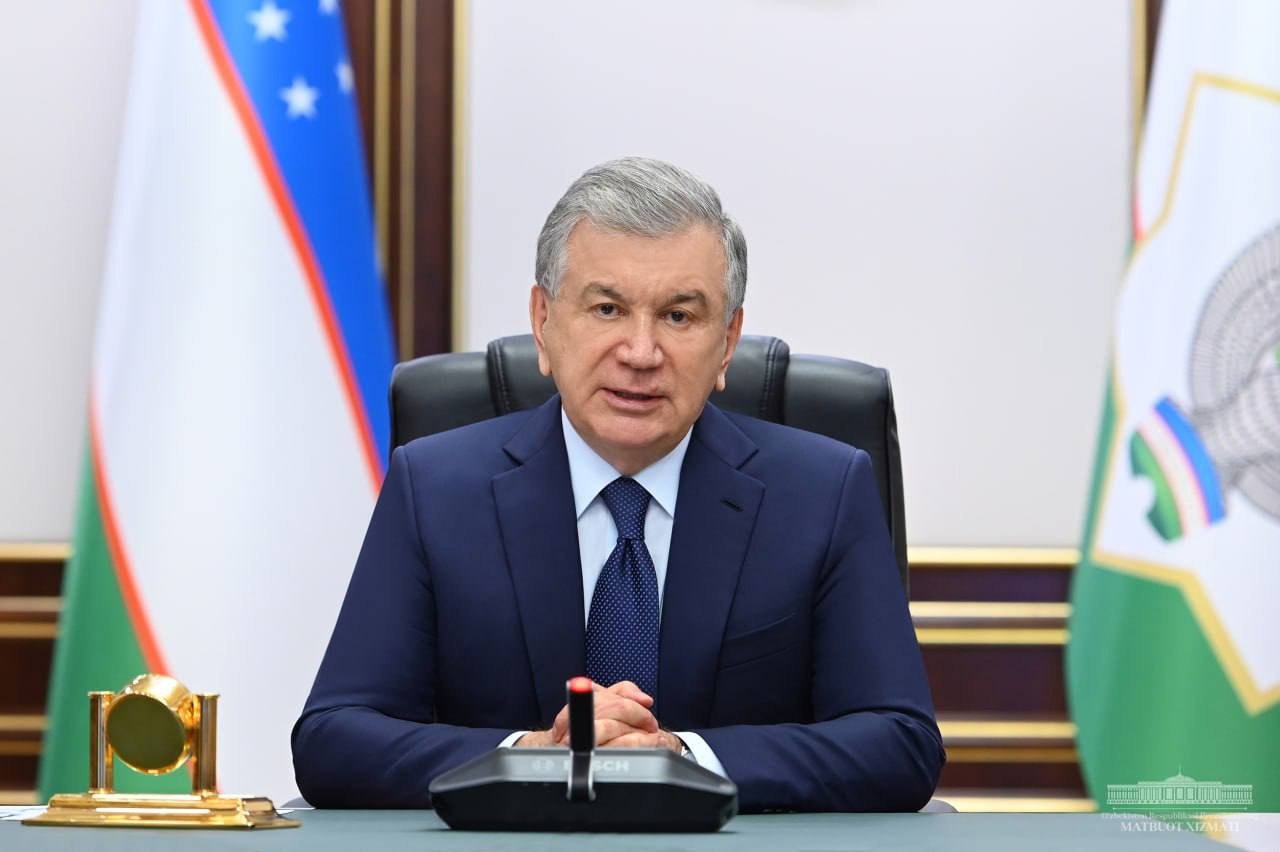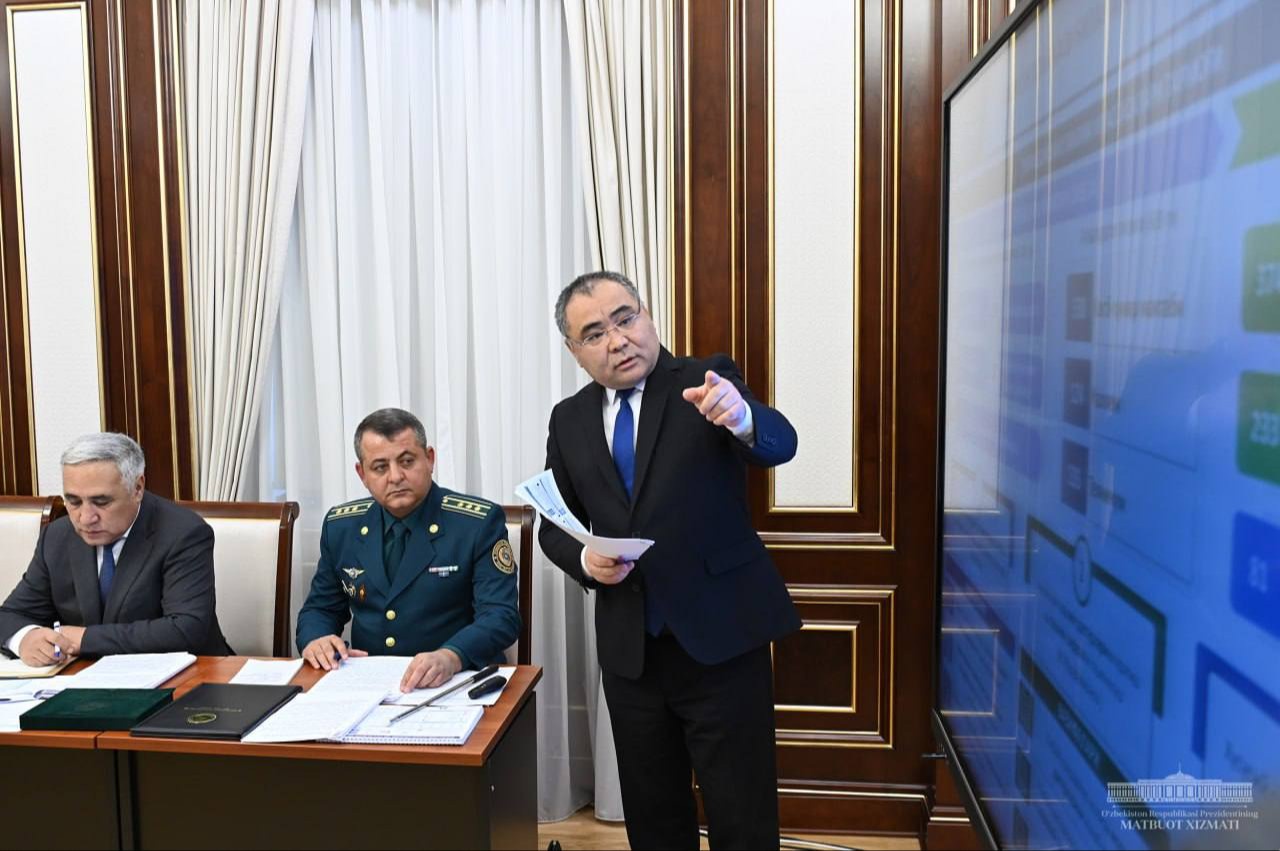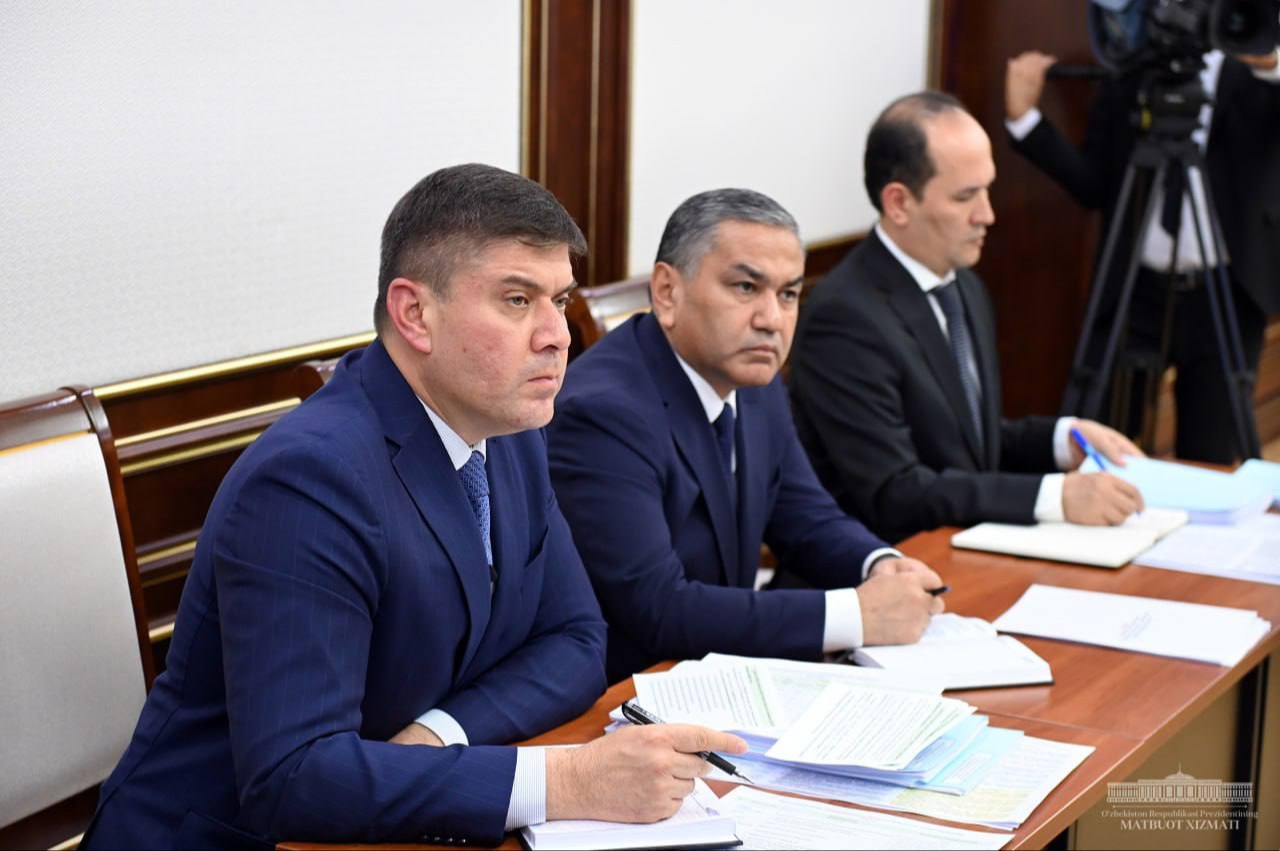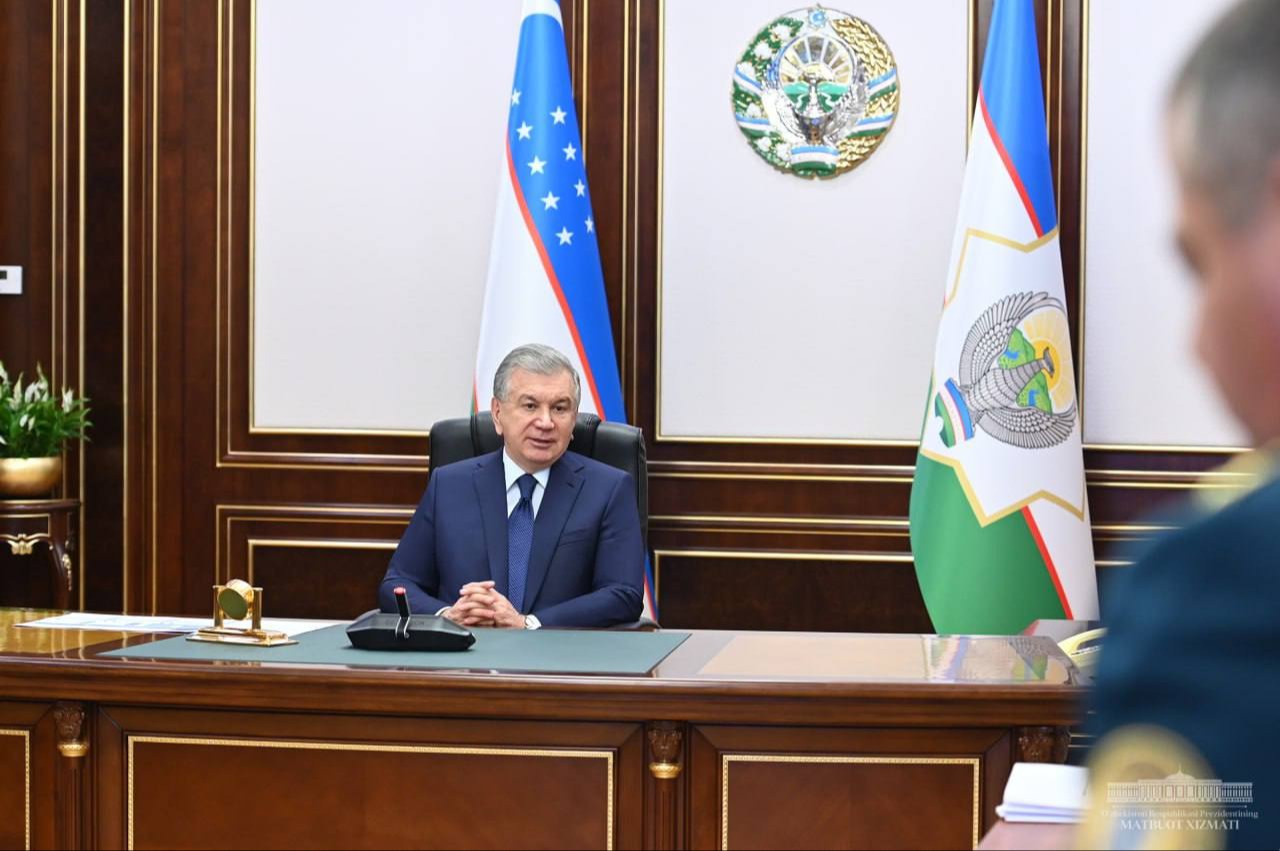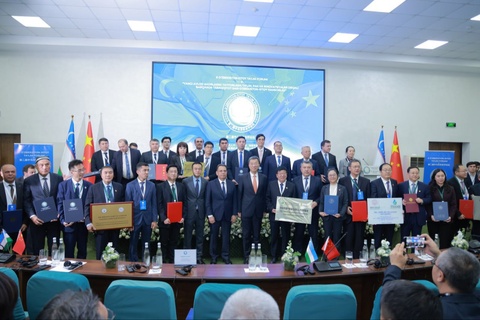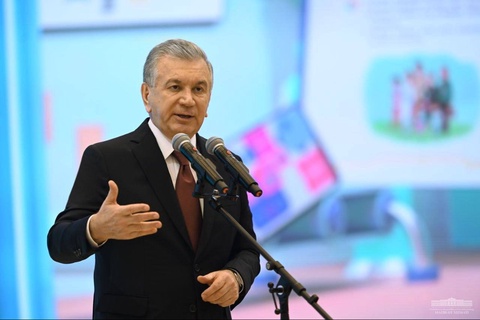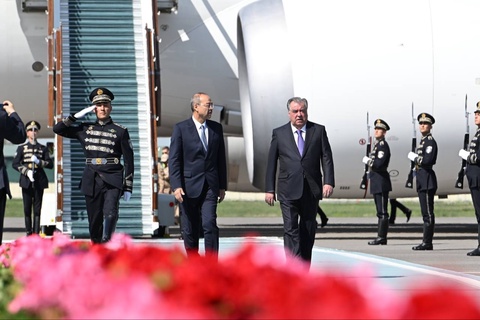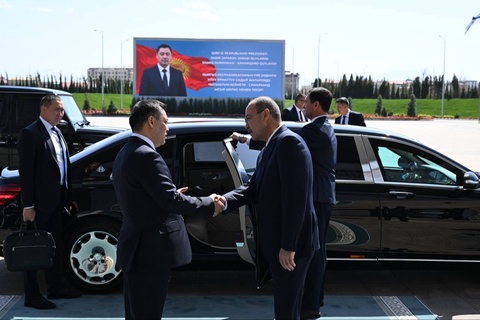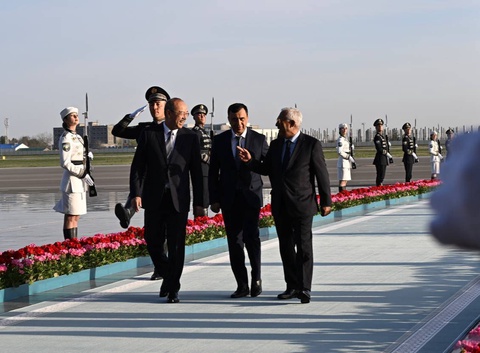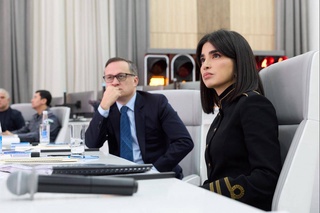Vocational education has a special place in economic development. Thus, in developed countries, up to 75 percent of students are covered by vocational education.
This system is also being developed in Uzbekistan in accordance with the requirements of the labor market. The training of mid-level specialists is carried out mainly in colleges and technical schools of the Ministry of Higher Education, Science and Innovation, as well as mono centers under the Ministry of Employment and Poverty Reduction.
Currently, 689 professional education institutions train in 714 professions and specialties, and 20 “Ishga Markhamat” mono centers teach 54 jobs and 6 foreign languages.
A dual form of education was introduced, allowing students to study and work simultaneously. Thanks to this system, together with 2 thousand enterprises, 6 thousand boys and girls are trained. Also, 9th-grade graduates are taught various specialties in vocational schools, and 11th-grade graduates are trained in colleges and technical schools.
However, there are specific gaps in the sphere. Some educational programs are not linked to the demands of life. Vocational education is unattractive for schoolchildren. As a result, the capacity of educational institutions is not fully used.
Mono centers are not able to fully satisfy the need for mid-level personnel. Graduates must take an additional exam because they are not assigned a qualifying rank. There is no interaction between the External Labor Migration Agency and vocational education. There is insufficient work on teaching foreign languages and issuing documents confirming their level of proficiency.
The relevant ministries have developed new proposals to eliminate these shortcomings and improve the quality of vocational training. At the presentation today, the responsible persons presented detailed information.
Proposals include introducing foreign educational programs, ensuring recognition of graduates’ qualifications in the domestic and foreign markets, broader attraction of students to colleges and technical schools, and measures to improve the quality of professional training in mono centers.
The Head of state gave additional instructions to improve these proposals. It was emphasized that youth employment is of utmost importance. It is necessary to train youth in professions in specific areas based on the specialization of the districts and the needs of enterprises in them.
The importance of gradually updating professions and vocational education classifiers, bringing them into line with international standards, and close interaction of professional education institutions with schools and universities was noted. It has been determined that the Ministry of Higher Education, Science and Innovation will coordinate the activities of professional education institutions as an integral system.
Starting from the next academic year, one of the technical schools in each region will introduce an internationally recognized program. Their graduates will receive international qualifications and a foreign language certificate. Advanced quality criteria for vocational education and training will also be introduced.
Vocational training in mono centers will be carried out based on orders from employers, which will become an essential factor in graduates’ employment.
Responsible persons were instructed to develop a program to improve the material and technical base of the vocational education system until 2030.


